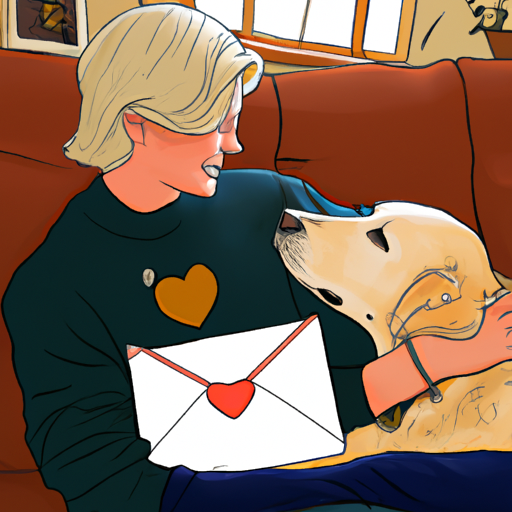Introduction
As a caregiver, you play a vital role in your dog’s life. You are their provider, protector, friend, and family. It’s a role filled with responsibilities and challenges, but also immense love and joy. In this piece, we’ll explore all aspects of caring for a dog, in order to provide them the best life possible.
Understanding Your Dog’s Needs
Every dog is unique. They have their own personality, preferences, and needs. As a caregiver, you must understand these individual traits to provide proper care.
- Physical Needs: Regular exercise, proper diet, and regular vet check-ups.
- Emotional Needs: Love, companionship, and mental stimulation.
- Environmental Needs: Safe space, clean surroundings, and a comfortable bed.
Understanding these needs will strengthen your bond and make your role as a caregiver more fulfilling.
Providing a Balanced Diet
Feeding your dog isn’t just about filling their bowl. It’s about providing a balanced diet that meets their nutritional needs. Here’s what you can do:
- Research the best food options for your dog’s breed, age, and health condition.
- Look for dog food that lists a source of animal protein as the first ingredient.
- Keep a regular feeding schedule.
| Age | Feeding Frequency |
|---|---|
| Puppy | 3-4 times a day |
| Adult | Twice a day |
| Senior | Depends on health condition |
Importance of Exercise
Exercise is crucial for your dog’s physical and mental wellbeing. It helps them maintain a healthy weight, improves their mood, and reduces behavioral problems. Here’s how you can ensure they get enough exercise:
- Daily walks, at least twice a day.
- Regular playtime, with toys or games.
- Training sessions for mental stimulation.
Providing a Safe Environment
Your home should be a safe space for your dog. This involves keeping harmful substances out of their reach, providing a comfortable sleeping area, and ensuring they feel secure.
- Dog-proof your home by keeping hazardous materials out of their reach.
- Provide a comfortable bed and a quiet area for them to rest.
- Regularly clean their living area.
Emotional Wellbeing
Your dog’s emotional wellbeing is just as important as their physical health. As a caregiver, you must ensure they feel loved and secure.
- Spend quality time with your dog.
- Regular grooming and massages can help them feel loved.
- Training and mental stimulation can help reduce anxiety and boredom.
Regular Vet Check-ups
Regular vet check-ups are essential to keep your dog healthy. They can help detect health issues early and ensure your dog is up-to-date with vaccinations.
- Annual check-ups for adult dogs.
- More frequent visits for puppies and senior dogs.
- Regular vaccinations and parasite control.
FAQ
Q: How often should I walk my dog?
A: The frequency and length of walks may depend on your dog’s breed, age, and health. Generally, all dogs should have at least one walk per day, but some dogs may require more.
Q: What should I do if my dog is overweight?
A: If your dog is overweight, consult with a vet to create a weight loss plan. This may involve a change in diet, increased exercise, or other steps.
Q: How can I tell if my dog is happy?
A: A happy dog will have relaxed body language, show interest in their surroundings, and engage in play or other activities. They will also have a healthy appetite and regular sleep patterns.
Q: How can I make my dog feel loved?
A: Spend quality time with your dog, show affection through petting and grooming, provide mental stimulation through play and training, and ensure they have a comfortable, safe environment.
Remember, every dog is unique, and what works for one dog may not work for another. As a caregiver, the best thing you can do is to know and understand your dog, and provide them with the love and care they deserve.



